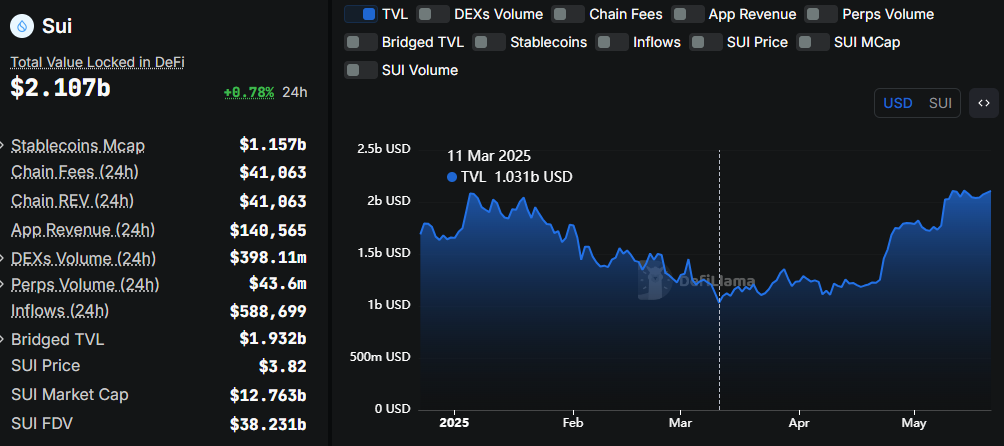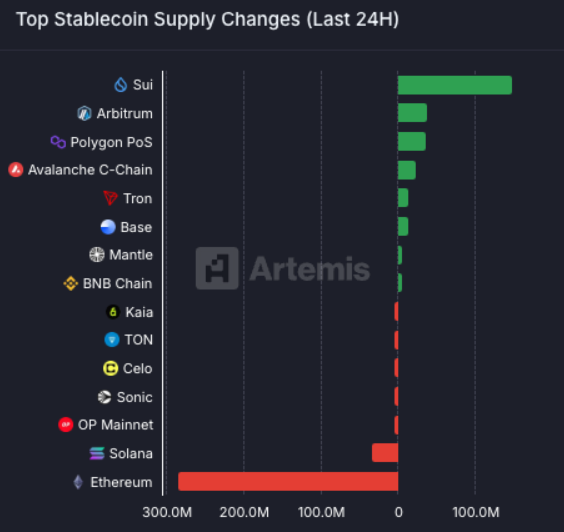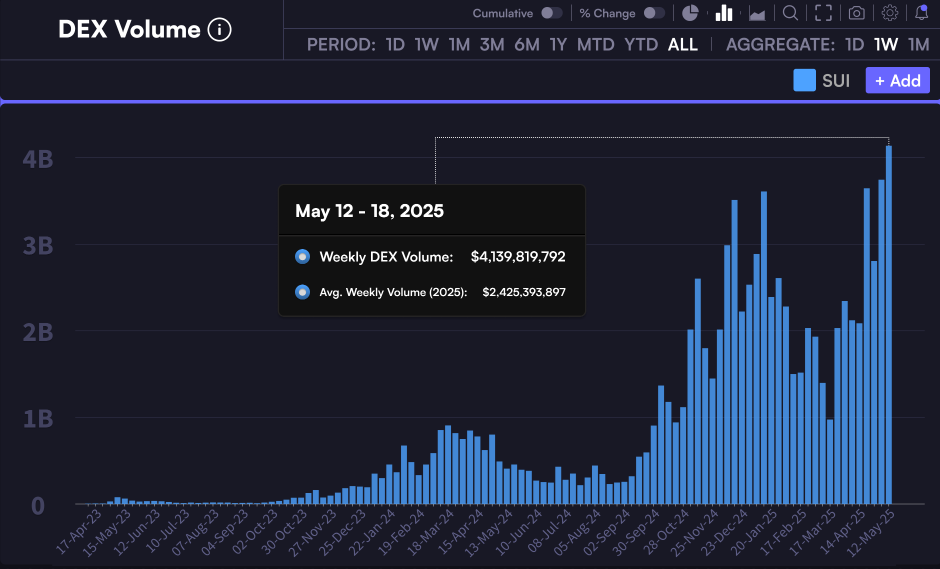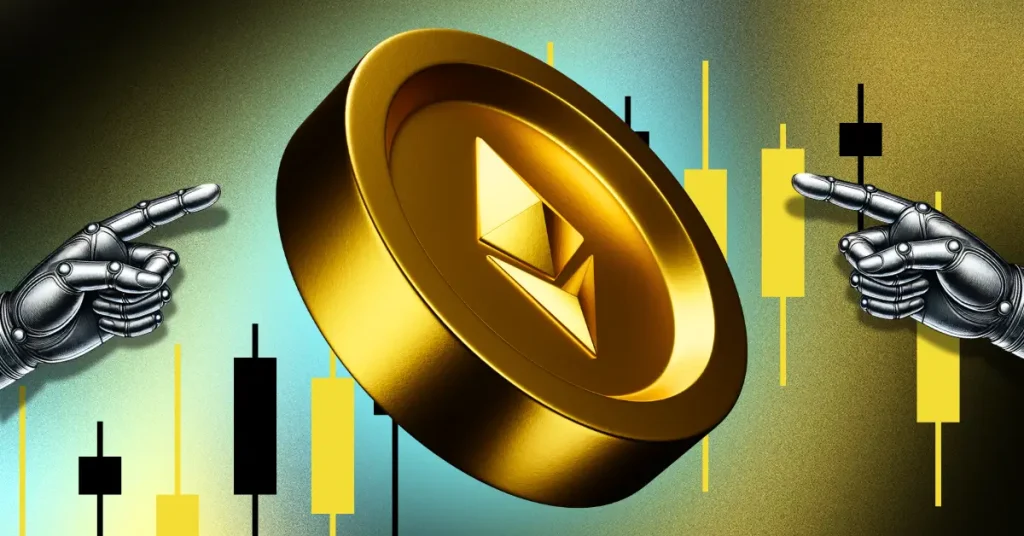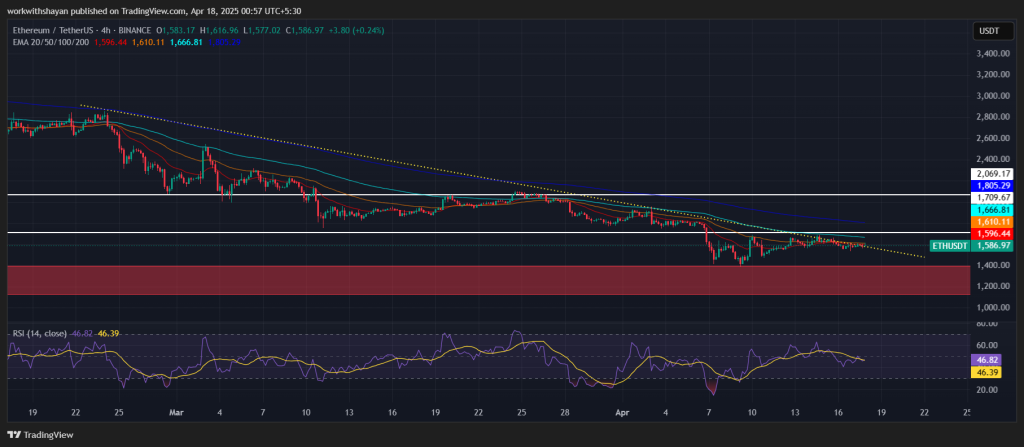
The post How SpacePay Raised Close To $1 Million in Presale Connecting Crypto to Everyday Commerce appeared first on Coinpedia Fintech News
Despite growing interest in cryptocurrencies, a fundamental disconnect exists between digital assets and everyday shopping. Millions of people hold crypto in different wallet types, yet few can use these assets at local stores.
Merchants hesitate to accept crypto due to price volatility, technical barriers, and high integration costs. As SpacePay approaches $1 million in presale funding with tokens at $0.003126, its focus on solving this practical gap stands out.
The Missing Connection in Crypto Commerce
A major disconnect exists between crypto ownership and actual spending options. While people hold billions in digital assets across hundreds of wallet types, few merchants accept these currencies for everyday purchases. This gap prevents crypto from fulfilling its original purpose as a payment system for regular transactions.
Merchants hesitate for several practical reasons. Traditional crypto payments expose businesses to price volatility – a $100 sale might be worth $90 by settlement time.
Most systems require special equipment or software that costs thousands to implement. The technical complexity often confuses both staff and customers, creating checkout delays and errors.
Previous crypto payment solutions typically charge 1-2% fees plus network costs, making them more expensive than traditional card processing for many transactions. Settlement times of hours or even days create cash flow problems for businesses that need immediate access to their earnings.
These barriers create a market opportunity that SpacePay addresses by connecting existing payment terminals directly to crypto wallets.
325+ Wallets, One Simple Payment System
SpacePay solves wallet fragmentation through a universal QR code system. Instead of requiring merchants to support hundreds of different crypto payment methods, the platform generates a single QR code that works with any of the 325+ supported wallets.
This universal approach means stores don’t need to choose which cryptocurrencies to accept or which wallet systems to support.
The technical process stays invisible to both merchants and customers. When a store enters a payment amount on their terminal, SpacePay’s system creates a QR code containing all necessary transaction details. This code works as a universal translator between different wallet protocols, handling the complex mapping of payment information across various crypto standards.
Behind the scenes, the system verifies payments through smart contracts that check wallet balances and transaction validity. This verification happens within seconds, confirming the payment to the merchant’s terminal just as quickly as a card transaction.
By eliminating the need for special equipment, SpacePay removes a major adoption barrier. Stores use their existing Android-based payment terminals through a simple software update, requiring zero new hardware purchases.

Merchant Benefits Beyond Lower Fees
While the 0.5% fee creates obvious savings compared to 3% card rates, merchants gain several advantages beyond cost reduction. Instant access to funds changes how businesses operate daily.
A store making morning sales can use that money immediately for afternoon inventory purchases. This quick access helps businesses respond to opportunities faster – from supplier discounts to unexpected stock needs.
Price protection removes the volatility risk that previously kept merchants from accepting crypto. When a store sells an item for $100, they receive exactly $100 in their local currency regardless of crypto market movements.
This guarantee lets businesses set consistent prices without worrying about exchange rate changes affecting their income.
Accepting crypto payments opens stores to new customer segments. Crypto holders often seek businesses where they can spend their digital assets, creating new sales opportunities. For international businesses, the system allows tourists and cross-border shoppers to pay without currency conversion fees or foreign transaction charges.
The multi-wallet compatibility means merchants don’t need to choose which cryptocurrencies to support. By accepting payments from 325+ different wallets, stores accommodate the widest possible range of crypto users.

From Concept to $1M Presale Success
SpacePay built its presale success on completed achievements rather than just future plans. The platform secured $750,000 in private investment, which funded development of the core payment system. This early backing from professional investors provided the foundation for building working technology before seeking wider market support.
Key milestones show actual progress beyond concepts. Smart Contract Audits verify that the payment system processes transactions securely while protecting user funds.
The “New Payment Platform of the Year” award at the CorporateLiveWire Global Awards 2022/23 provides external validation from industry experts. These concrete achievements help explain why presale funding approaches $1 million with tokens at $0.003126.
The expansion strategy focuses on creating adoption clusters in business districts. When several stores in a shopping area use SpacePay, they create natural awareness among both customers and neighboring businesses. This organic growth happens through visible results rather than marketing efforts.
New supporters can join the presale at the current token price using USDT, AVAX, BASE, MATIC, ETH, BNB, or bank cards. The platform accepts various payment methods through a clear process on the official website. Community channels on Telegram and X share regular updates about development progress.
JOIN THE SPACEPAY (SPY) PRESALE NOW



